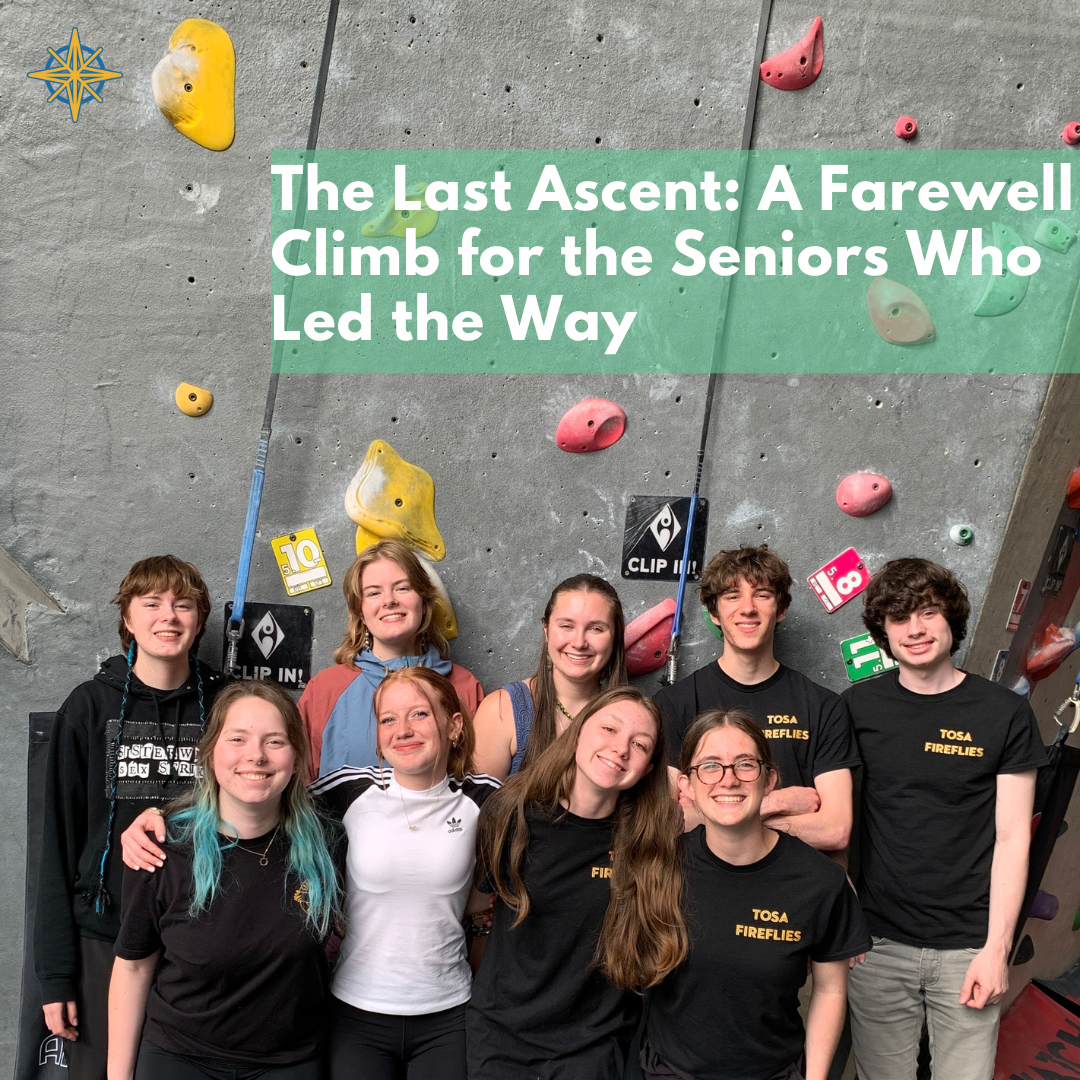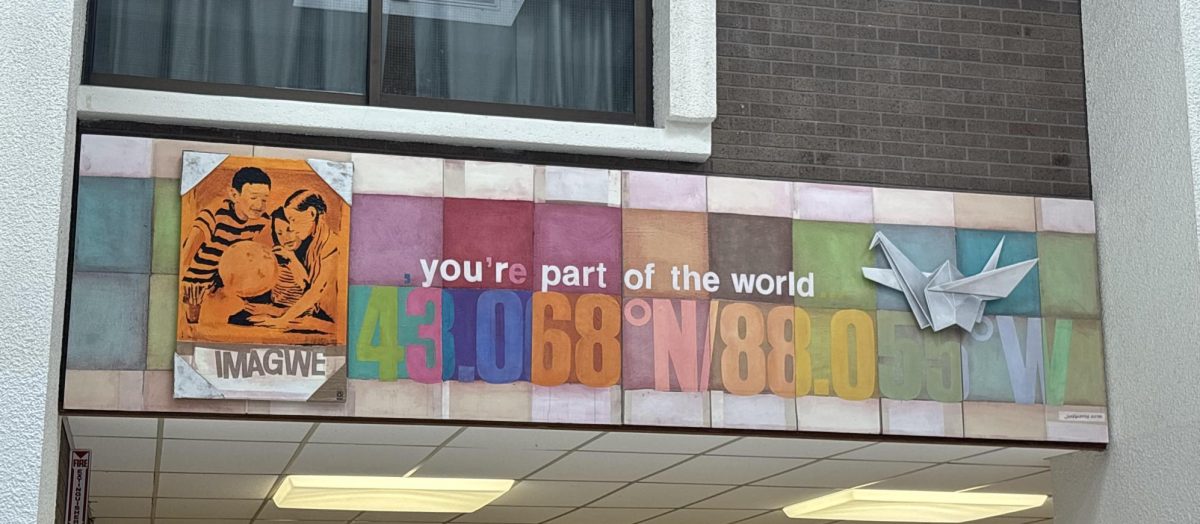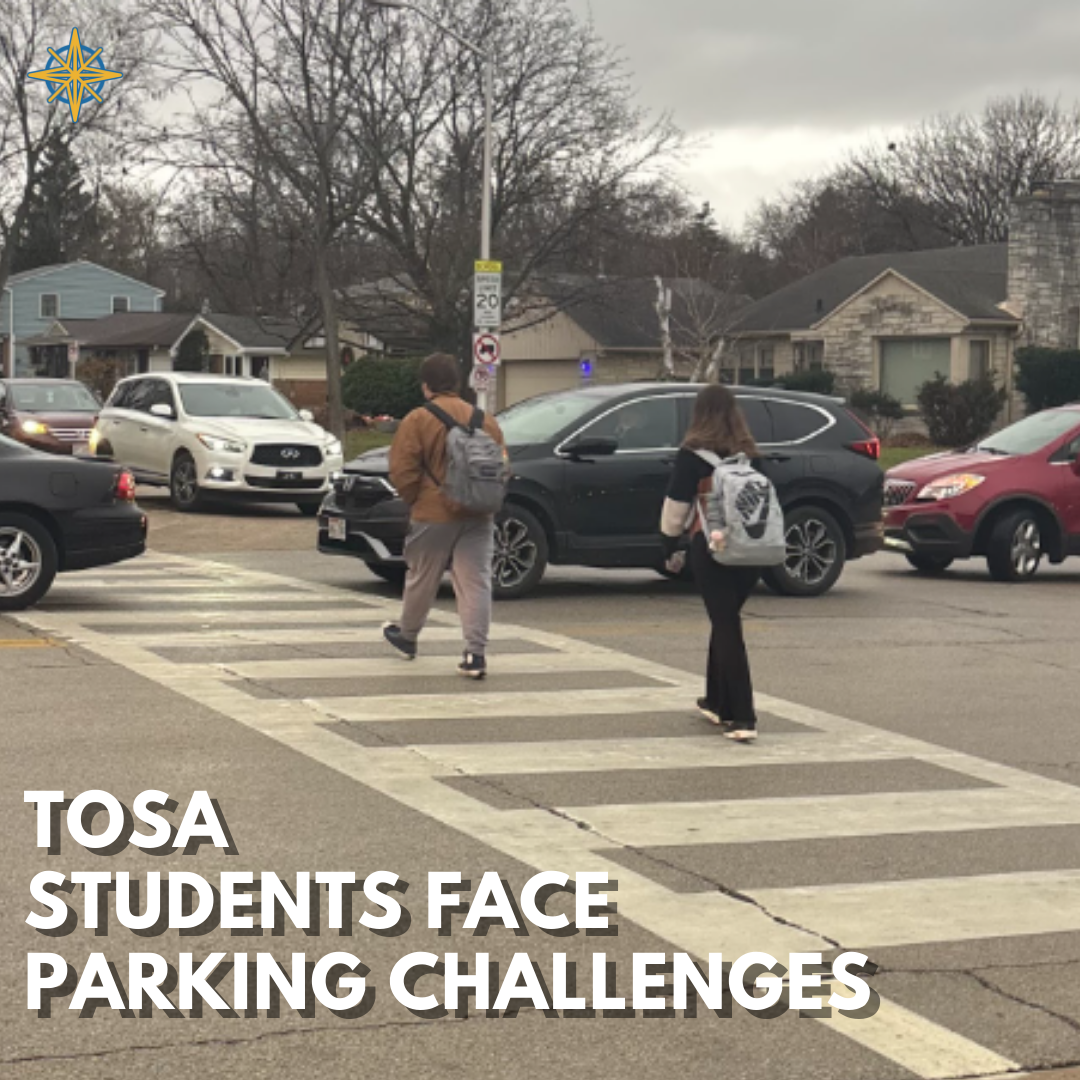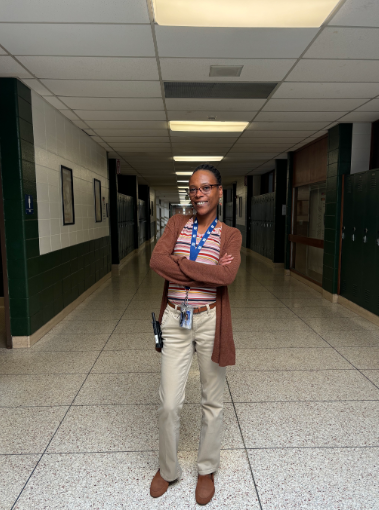Under a new proposal to be voted on by the school board on May 7, school start and end times around the district could change.
During the 2011-2012 school year, the schedule has been 8:00 to 3:07. Originally, district Superintendent Phil Ertl proposed for high schools run from 7:40 to 2:50 next year, but as a result of the feedback he received from parents and students in the district, he has revised his proposal, and currently seeks the district to adopt a schedule of 8:00 to 3:10 for high schools. This will also be the schedule for Wauwatosa East High School. Longfellow and Whitman Middle Schools will start at 8:10, and all elementary schools in the district will now start at 8:20.
The primary motivation behind the changes is the district administration’s desire to do “anything we can to minimize the risks,” as Ertl said. According to Ertl, the intersections of Center and 114th, 76th and Milwaukee Street, and 76th and North Street, all have considerable traffic, with each school starting the day at approximately the same time. This poses a safety risk, according to the district’s analysis. The new plan seeks to stagger the start times, ensuring that the traffic occurs over a longer period of time. In the words of West’s Principal Frank Calarco, with the new plan “there will be less congestion, because the start times will now be staggered.”
However, for the initial proposal of starting school at 7:40 at West, accommodation of athletic programs was also taken into consideration. “Our athletes who leave in the middle of 7th hour,” would also have benefited, Calarco said, because under the 7:40 proposal they would have been “done with school” by the time they would need to leave for meets. In response to criticism of the earlier start, he pointed to the many nearby schools that start earlier than West, including Greenfield High, which starts at 7:10 in the morning.
The prospect of starting school at 7:40 had unnerved many students at west. One concern was with the zero-hour classes Wauwatosa West students will be enrolled in next year. When the start time was proposed to be 7:40, the zero-hour would have been set back to 6:45. Some students felt that 6:45 is just too early to be in the building. “I was going to take zero-hour gym next year,” said freshman A’lantra Wright, “but not if it starts at 6:45!” Sophomore Riley Smith agreed, saying, “I think it’s way too early.” However, not everyone is opposed to such an early zero-hour gym. Matt Good, who will teach zero-hour gym next year, was optimistic about his class, early start or not. “As long as everyone gets their sleep,” he said, “there won’t be any problems.” Also, Good added, “I’m a morning guy, so [7:40] is fine with me.”
Apart from zero-hour, many people at West simply didn’t like the idea of getting up and being at school earlier than they are now. Although she never would have had to come to West at 7:40, senior Maddie Frank is unequivocally against students coming to school at 7:40. “It’s proven that teenagers have different body rhythms than little kids,” she said, “so having kids our age getting up earlier won’t help at all.” Melissa Moy, a junior, agreed, thinking that it would have been better for the start time of the elementary schoolers, 8:00in the initial proposal, to be made earlier in the morning, rather than having high schools start early. “Younger kids can get up much easier in the morning than us,” said Moy. Freshman Julia Januario was dubious of how the 7:40 start time sought to provide more time for athletics, studying, and doing homework after school. “It’s 17 minutes,” said Januario, “what are you going to do with that?”
Demaris Purifoy, a freshman, expects the change would have made school much more difficult. “I have trouble getting to school right now,” he said, “so how am I supposed to get to school at 7:40?” And the problem wouldn’t have ended there, according to Purifoy. “Kids already have after-school activities like track taking up their time,” he said, and “when you add all the homework that teachers give, and studying for tests and quizzes, [it would] be impossible to get up that early.” Jonathon Tripi, a senior, understands why the 7:40 proposal was made. “Traffic sucks in the morning,” he said, but “I don’t see why it’s high schoolers who have to start earlier.” The Middle and Elementary schools start 10 and 20 minutes later, respectively, whether West was to start at 7:40 or 8:00. Some teachers agree that starting school earlier would have been difficult. “Personally, I like the later start time much more than [7:40],” said Social Studies teacher David Keech. “Once everyone adjusts,” he said, however, it wouldn’t be a problem. Some parents of high schoolers disliked starting school at 7:40 as well. “I think [starting at 7:40 would] decrease students’ ability to learn,” said John Philips, whose child goes to East High School, “8:00 a.m. is ideal.”
On the other hand, many students at West doubt whether the impact of starting school at 7:40 would have been as negative as some expect. “To me it’s good,” said sophomore Mitchell Merz, “I’ll get more time to be outside after school.” Carla Heller, an English teacher, doesn’t agree with all the worry. “I don’t see how 20 minutes can have any major negative effect,” she said. According to Allen Witkowski, the change would have enabled him to make use of the time before school starts. “I’m already here early every morning,” he said, “and I do nothing before class starts.” West band teacher Guy Kammerer agreed, saying, “I’m usually here at 6:30.” The earlier time also makes it easier for some parents to drive their kids to school in the morning. It would have helped out, said one, Allan Wolfgram, who has children at Whitman and West. With the change, he might “actually get to work on time,” he joked.
Depending on how you feel about starting school earlier, when Dr. Ertl revised his proposal to start schools at 8:00, high school students either dodged a bullet, or lost an opportunity. According to Calarco, the starting times “are not set to be changed” after the 2012-2013 school year. However, he said, “nothing is ever permanent, and that applies to this change also.”
















